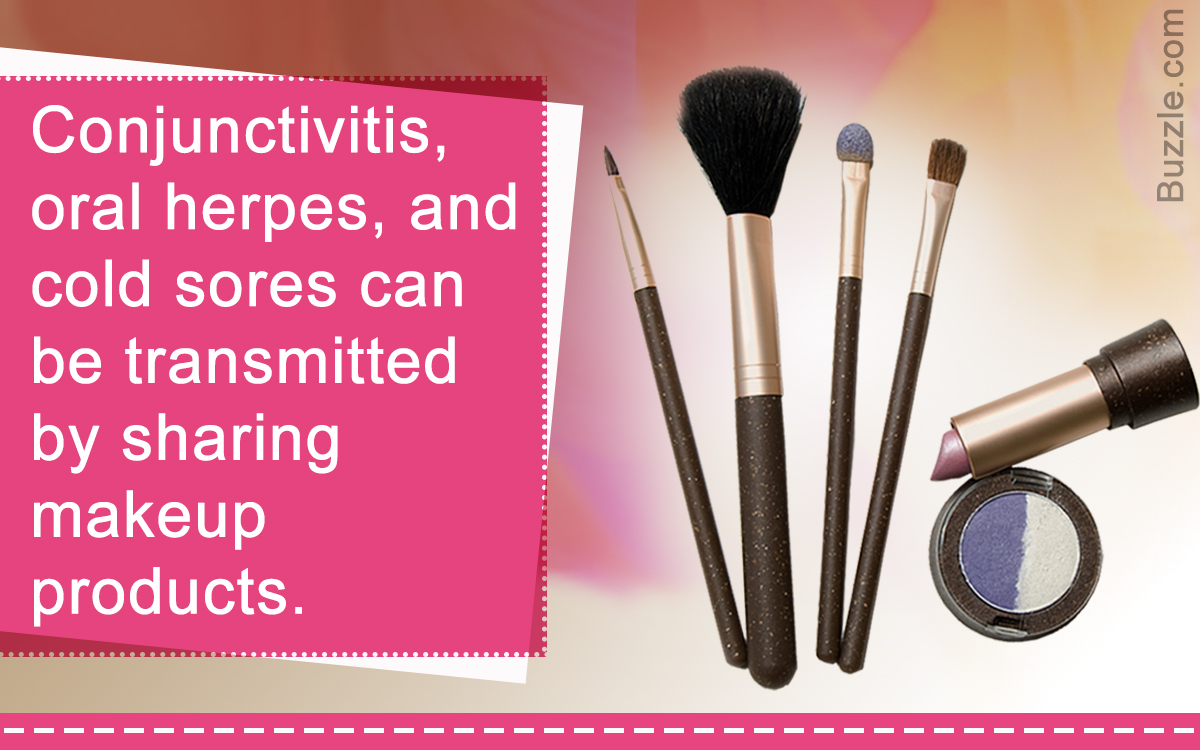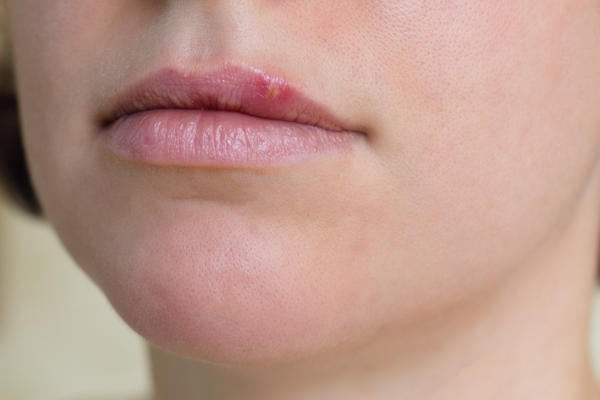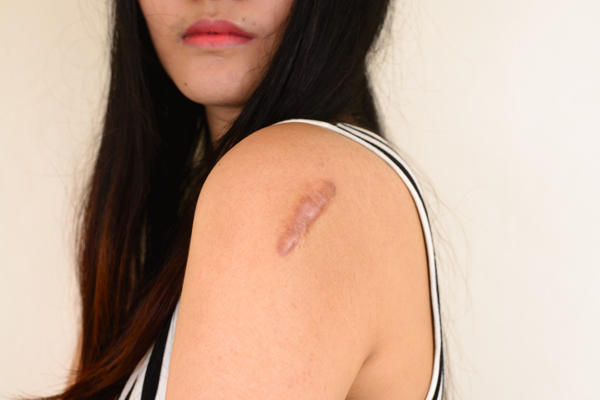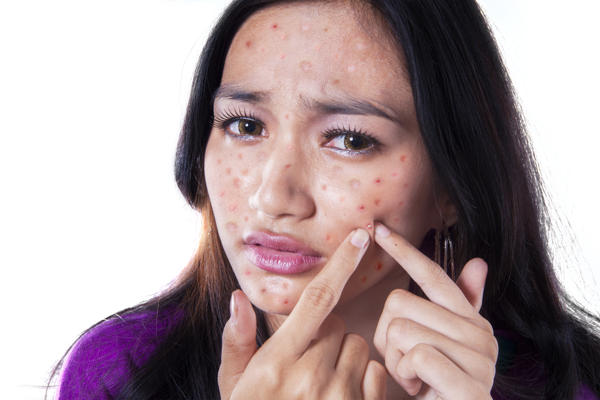
You should never share your makeup products because borrowing or lending cosmetics can cause diseases such as pink eye, and can even lead to skin infections like ringworm.
Did You Know?
The FDA discourages sharing of makeup items as this habit paves way for some nasty infections.
Sharing makeup tips amongst each other can help you know beauty secrets for a flawless skin, but when it comes to sharing makeup products it is a strict no-no. Health experts are unanimous about the need to stop the habit of lending or borrowing makeup. Although the habit of sharing anything from games to food has been inculcated since childhood, it is of utmost importance that you purchase your own makeup products and avoid sharing them with anyone.
From a health standpoint, sharing makeup products can be risky. This bad habit can make you susceptible to a wide range of infections, the most common being pink eye. The frequent handling of cosmetic products makes it a potent source of bacterial growth and contamination. The bacteria residing on these products can easily get transferred onto your skin while doing your makeup. So, borrowing a makeup brush or lipstick from your friend is like asking for skin infections. Also, if your friend is least bothered about cleaning her makeup kit, then there is no reason why you shouldn’t get an infection from sharing her cosmetics.
Infections That You May Get from Sharing Makeup Products
Pink Eye
Sharing eye makeups such as eyeliner increases the risk of getting eye infections like conjunctivitis that causes reddening of the eye, thick white discharge, and swelling. You can also get a sty, a painful bacterial infection of the eyelash, from sharing mascara and eyeliner.
Oral Herpes
If you lend or borrow lipstick from your friend who is affected with oral herpes or cold sores, you may get these infections. Thus, any infection that occurs on the lips can easily get transmitted via lip pencil, lip gloss, and lipstick. Dermatologists warn that a small cut in the lip can pave way for infections via cosmetic products that are used by people infected with cold sores. Also, with the lips being extremely sensitive, you need desist from sharing your cosmetics.
Ringworm
Foundation and blush that are often used to conceal skin flaws can actually cause skin infections like ringworm, if they are shared amongst each other. Ringworm is a fungal infection of the skin that can be easily transferred through these makeup products.
Acne
A makeup brush that is used often, acts as a breeding ground for bacteria. It is run over an oily face many times, which can spread bacteria. So, in case you decide to share makeup brush without cleaning it regularly, expect frequent breakouts of acne. In other words, it is believed that one may get acne from sharing makeup brushes if proper hygiene is not followed.
Scientific Evidence
A 2-year study was done to analyze the contamination of makeup items that are kept for testing at cosmetic counters in various departmental stores. The study, conducted under the guidance of Dr Elizabeth Brooks, a biological sciences professor at Jefferson Medical College in Philadelphia, showed that all makeup products, including the moisturizer, were heavily colonized by strep, staph, and E. coli strains of bacteria.
The presence of E. Coli bacteria indicated that scant attention is given to washing hands after using the toilet. All in all, the study pointed out that people are predisposed to infections through sharing cosmetic products. So, the next time, if you feel like trying a makeup product at the cosmetics counter that has already been used by a large number of people, think twice.
On the whole, borrowing each others’ makeup can wreak havoc on your skin. To put it simply, our skin is unable to adapt to this habit of sharing makeup. Hence, it is best to keep the makeup to yourself as far as its usage is concerned.
Disclaimer: The information provided in this article is solely for educating the reader. It is not intended to be a substitute for the advice of a medical expert.





